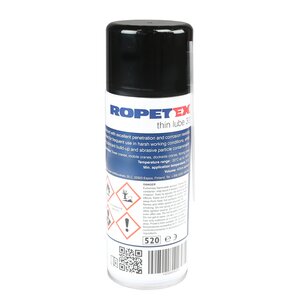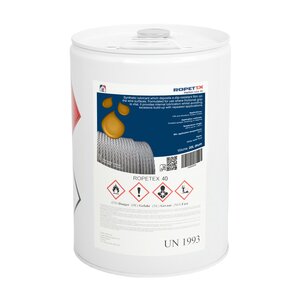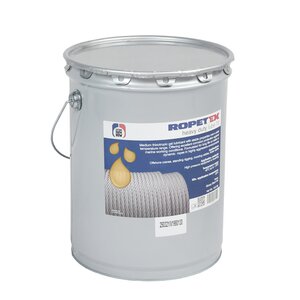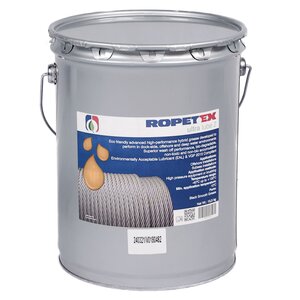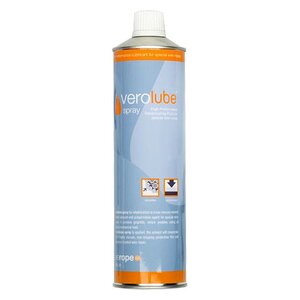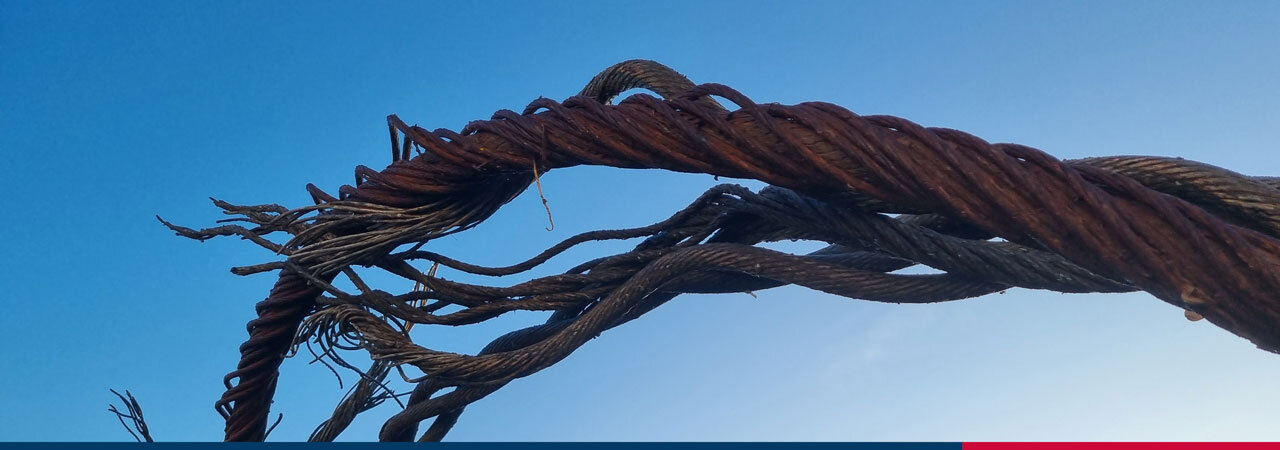
Understanding corrosion (or rust)
Corrosion, also called rust, is the natural breakdown of a material caused by environmental factors such as oxygen, (salt) water, or chemicals. In addition, the use of different types of materials can lead to stress corrosion cracking.
The impact of corrosion on steel wire ropes
Corrosion poses a significant threat to steel wire ropes. While light surface corrosion may not be an immediate concern, prolonged exposure can lead to severe consequences, potentially rendering the rope non-functional or causing it to break. This article delves into corrosion and its effects on steel wire ropes.
Levels of corrosion
Regular inspections of steel wire ropes for corrosion are crucial. Corrosion can manifest in various degrees:
Surface or fly rust: The wire rope surface remains unaffected, with only a slight rust cast. Remove the rust and relubricate the wire rope with the appropriate oil.
Slight surface corrosion: The wire rope surface shows minor corrosion without a noticeable reduction in diameter. Attempt to remove the corrosion and relubricate. If removal is not possible, consult a specialist.
Moderate surface corrosion: The wire rope surface is corroded with a noticeable reduction in diameter and slight gaps between outer wires. Consult a specialist.
Severe surface corrosion: The wire rope surface is heavily corroded, significantly reducing the wire diameter and significant gaps between outer wires. Consult a specialist.
Pitting corrosion: Severe corrosion substantially reduces the diameter of wire rope, with gaps between outer wires exceeding half the original diameter.
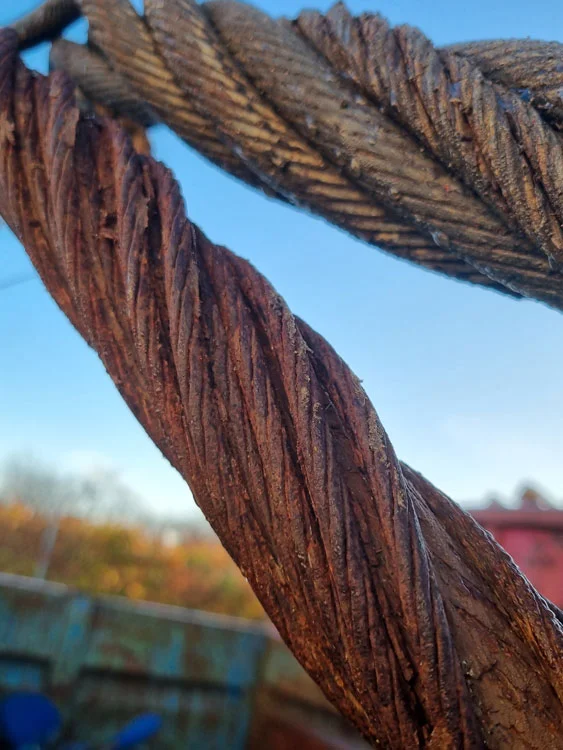
Corrosion-induced thickening
Corrosion can also cause steel wire ropes to thicken. This occurs when corrosion expands within the wire rope, necessitating an internal inspection.
Stress corrosion
Stress corrosion occurs when different types of steel come into contact with each other, causing one to corrode the other, often in the presence of (salt) water. For example, stainless steel wires should not be clamped together with aluminium. Therefore, it is important to inspect steel wire end fittings carefully, as they are also susceptible to stress corrosion cracking.
Avoid relubricating severely corroded wire ropes
Do not relubricate severely corroded wire ropes, as the corrosion beneath the lubricant will persist and become hidden. Heavily corroded wire surfaces can hold the strands together in certain situations due to high friction. Adding lubricant can remove that friction and cause the rope to fail. A severely corroded wire rope should be discarded immediately, or if possible, the heavily corroded wire ropes should be inspected by a specialist.
Preventing corrosion
Steel wire ropes are manufactured with a lubricant that serves both as a preservative and a lubricant. This lubricant prevents corrosion during storage and facilitates lubrication once the rope is used.
Regular lubrication with wire oil can slow or prevent corrosion.
Upon installation, lubricate the wire with oil to enhance its lubricating effect. Apply a thin lubricant layer, as excessive lubrication can be as detrimental as none.
Use oil, not grease, to ensure it penetrates the rope's core. Regular lubrication is recommended, ideally twice a year for outdoor ropes—once in spring and once in autumn.
The importance of lubrication
Regular lubrication with oil can slow down or prevent corrosion. However, if the steel wire rope is already corroded, lubrication is ineffective and not recommended, as the corrosion will continue internally, leading to further damage.
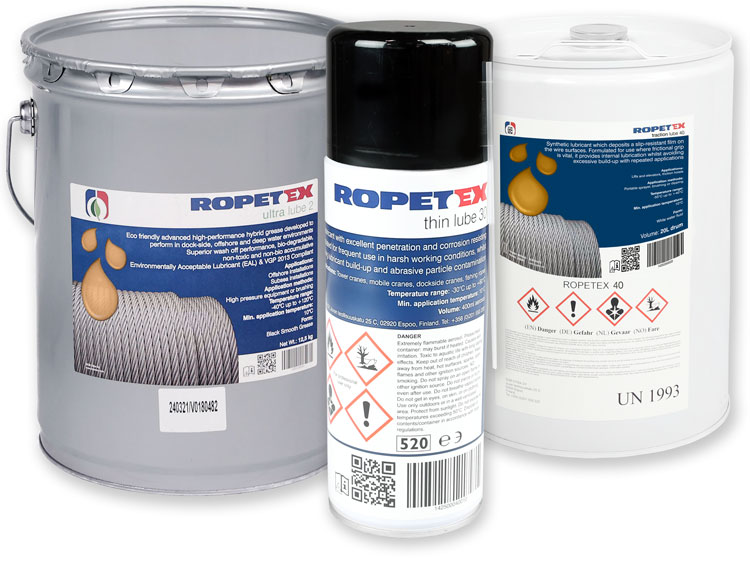
Wire lubricants
We offer a wide selection of Ropetex wire lubricants in different quantities. Feel free to contact us for help choosing the correct lubricant for your needs.
If you want to get more knowledge of wire lubrication, watch our video Webinar Steel Wire Ropes Lubrication.
 Do you have any questions?
Do you have any questions?
If you have any questions, please send us a message and we will be happy to help.
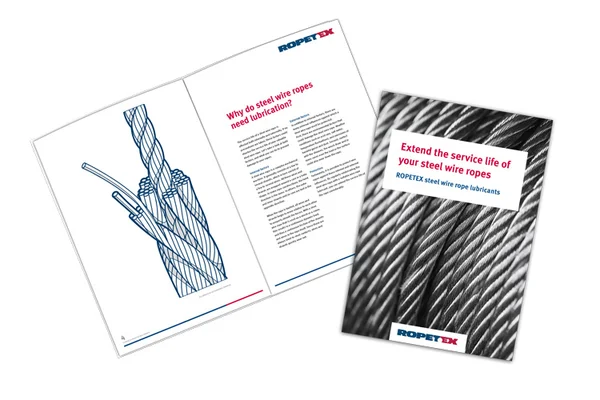
ROPETEX wire lubricants
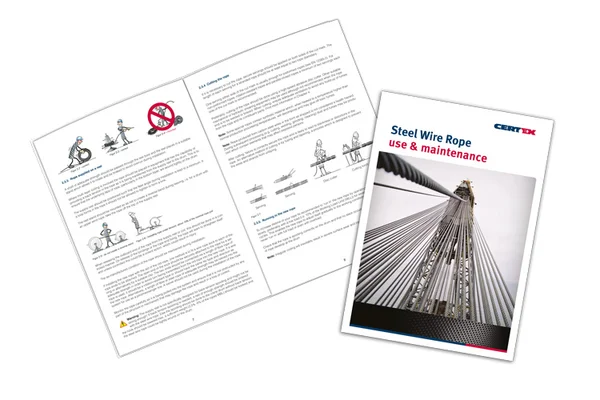
Steel wire rope use and maintenance
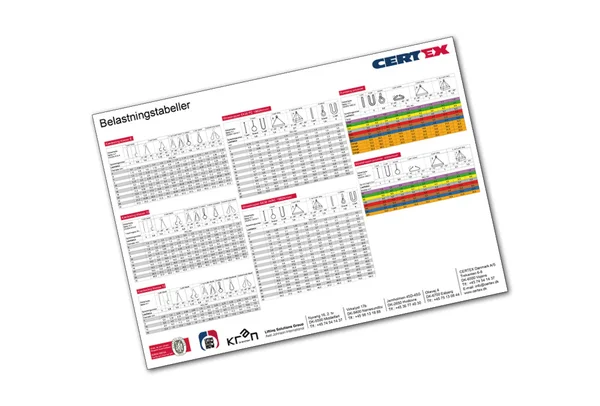
Load tables poster
Technical description of wire rope slings
Learn about length tolerances, dimensioning and a lot more
Discard of steel wire rope
Steel wire wears out during use and must, therefore, be inspected regularly. Find out more about inspection and discard criteria for steel wire rope.
RCN - Rope Category Number
Read more about what RCN is and how it works with steel wire rope.

